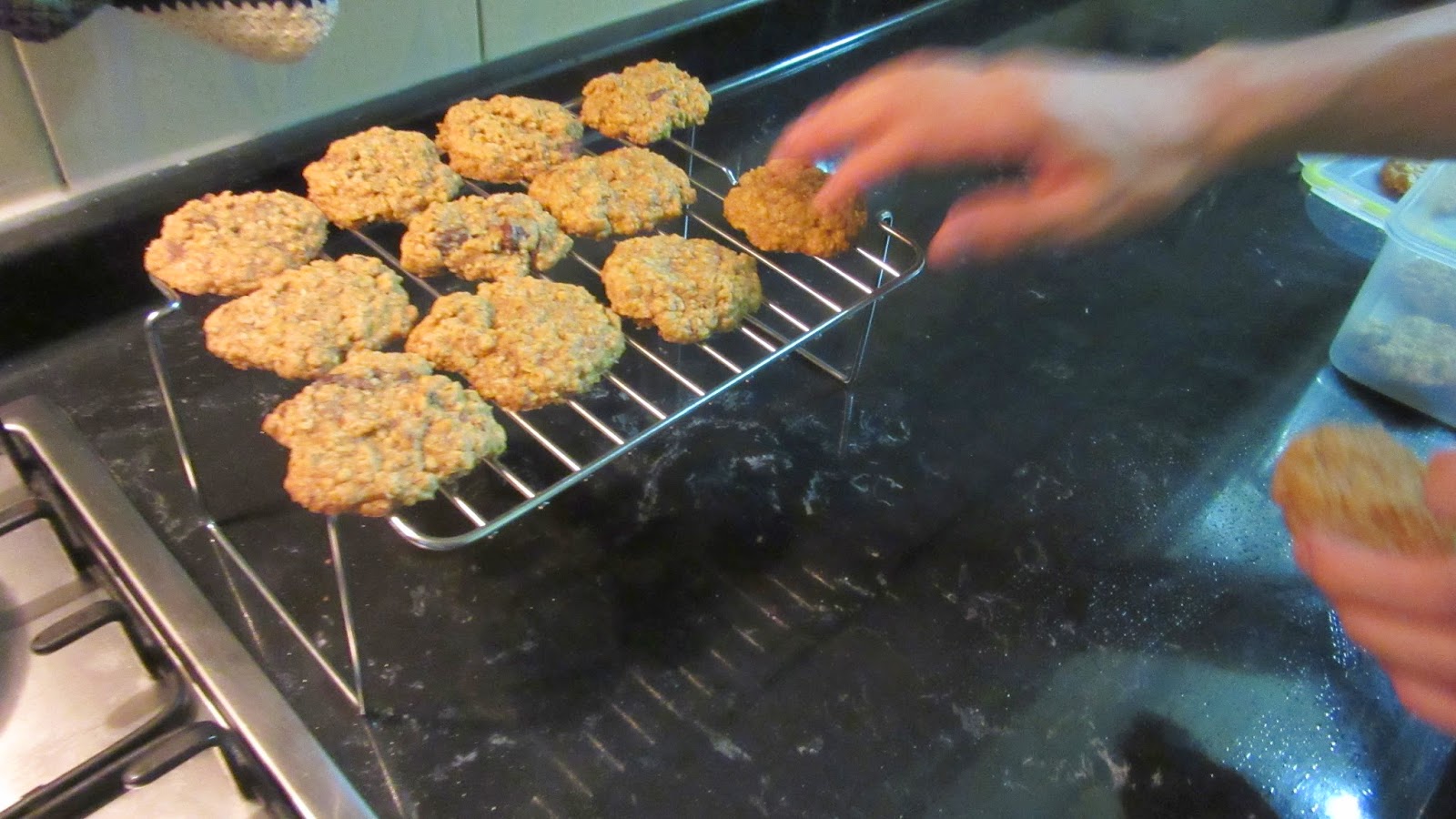I find myself repeating a single line when people ask me about Iraq,
particularly about the security situation: “the Kurdish region is very
safe.” And this is true: living and working in Ankawa and occasionally visiting partners in other cities within the Kurdish region, we are not in
danger.
--
You may remember Chimamanda Adichie, a Nigerian author who gave a TED
talk on the
danger of a single story in 2009. Adichie
critiques the human tendency to quickly summarize another’s experience through
a single story, stereotype, or perspective.
MCC uses Adichie’s lecture in its orientation for new staff as an
example of what it tries to do in every place it works: look for and tell the
myriad alternative stories that complicate and deepen our (North American)
single-story understandings of places, peoples, and problems.
This spring, I heard a speech
by EMU student Seth Stauffer in which he turned Adichie’s critique back
upon MCC: sometimes MCC combats the danger of a single story with its own
alternate single story. We downplay the
violence in locations known for little else in favor of highlighting the
complex and beautiful life that is being lived in the midst of—and in spite
of—that violence. Both sides are true;
one emphasizes the darkness, the other emphasizes the light breaking
through. But neither is the full story,
and both miss the spectrum of stories in between.
Remembering this, I felt convicted.
Two months into an MCC term, and I’m already slipping into dualisms of
light-and-dark instead of hanging out in the gray area, which I invariably
claim to prefer. Here is my
first attempt at combating my own single story of Iraq.
--
You already know the plot of the dominant single story: daily airstrikes
that kill forces of the Islamic State as well as Iraqi civilians; terrorism and
attacks that kill Iraqi soldiers and more civilians; the escalating conflict in
both Iraq and Syria as more players jump in.
Another part of this story chronicles the millions of refugees and
internally-displaced people (IDPs) across Iraq and Syria. It’s a familiar and heart-wrenching tune.
There are over 1.8 million people living like this all across
Iraq. That’s more than the entire
population of Philadelphia, and it’s just as diverse: doctors, street sweepers,
grandparents, lawyers, pregnant women, electricians, high-schoolers,
architects, people with cancer. Whole
towns and cities left their homes and livelihoods behind overnight and have
been living in miserable suspension ever since.
Last Wednesday, Nathan and I were approached by three Syrian beggars
asking for money—all Muslim women with small children—over the course of 15
minutes. Hands to our hearts, we said
“no, my dear, I am sorry” in Arabic and turned away. These three, in quick succession, overwhelmed
me with the parallel to Peter’s denials before the rooster’s crow. What can we do differently? Always give a set amount when asked and then try to disengage? Avoid the part of town where beggars
congregate? Learn their names and some of
their story before going on our way? The
options expose us to varying levels of others' pain, but none of them fix anything. When we've given change to beggars in the past, they
(rightly) insist on more; they need hospital visits, rent, jobs; not five
dollars.
War is awful. We avert our eyes
because it is grotesque and too painful to comprehend, let alone explain. The numbers are numbing, and the pictures
have saturated our capacity to empathize.
What can we do differently? As I
write it I know this rings hollow, but I can’t get away from it: we have to
expose ourselves to the pain. We have to
keep showing—to ourselves and to others—the myriad grays instead of combating
the story of darkness with one of all light.





